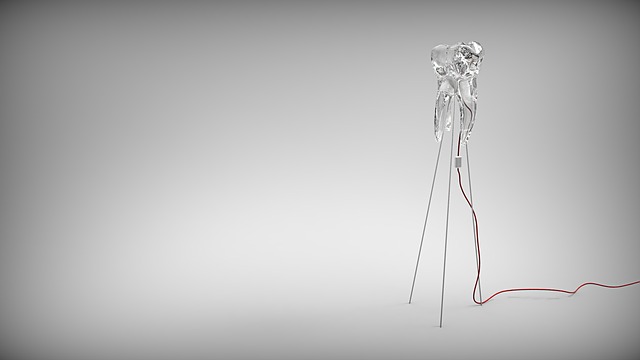Wisdom tooth extraction is a surgical procedure in which one or more wisdom teeth are removed
Wisdom tooth extraction is a surgical procedure in which one or more wisdom teeth are removed. However, before you understand the procedure, it is important to know about it. They are the four permanent teeth of adults which are located at the back of your mouth. They are located at the top and bottom. It is important that these teeth have room to grow, because if you do not, you will have to undergo a tooth extraction, which will be performed by the oral surgeon.
In order to avoid any problems in the future, most dentists suggest that this procedure be carried out even if there is no problem. Our wisdom teeth here are an interesting subject to study. In this article, we will have an overview of wisdom teeth, their eruption and extraction, as well as post-removal care!
What is a wisdom tooth?
The tooth is a vertebrate structure, white in color, located in the jaws. The jaw consists of 32 teeth in total. Wisdom molars are defined as a third set of molars. They begin to grow around one's 10th birthday. But as a full set of molars have formed, they will continue to erupt into your late twenties and even beyond.
How do wisdom teeth grow?
The jaw has enough capacity to accommodate all of our teeth. In order for any remaining teeth to grow inside of it, it is convenient. However, it often causes some difficulty for 32 teeth to fit together in our mouth. Therefore, when the wisdom tooth grows, it feels pressure from the adjacent area. Unfortunately, you may skew and experience pain and swelling.
What is the importance of our wisdom teeth?
They don't actually have much to do with our bodily functions. It is believed that stronger molars and wider jaw bones became prevalent due to the raw food habits of our ancestors. The scenario is different now. As we became civilized, we began to eat fully cooked and soft food. This practice made our molars more lethargic and the ability of our jaws to fit a full set of teeth decreased.
What are the symptoms of wisdom tooth eruption?
Raised or fractured wisdom teeth often come with no symptoms or dental problems. However, when you feel severe pain, it is advised to go for removal.
- Various symptoms may include:
- Jaw stiffness with painful teeth.
- A curved wisdom tooth is curved with a lot of pressure on adjacent teeth, resulting in structural damage accompanied by pain and irritation.
- Discomfort and sensation of rubbing the tongue and the upper and lower part of the mouth.
- adjacent skin eruption.
- Many dental problems such as tooth decay, gum disease or periodontal disease.
How is wisdom tooth extracted?
A tooth exposed through the gum area requires a minimally invasive amputation. A tooth hidden under the jawbone may require an incision to open that area. The tooth-stripping pattern also varies depending on the size of the wisdom tooth. Your dentist may remove it in small pieces or completely.
Antibiotics will relieve the pain. The dental surgeon will perform the operation under local anaesthesia. One may experience some pain or swelling after the surgery for a short period of time. The patient should start eating soft and light foods and avoid foods or drinks that are hard, hot, or cold. The stitches are usually removed after one week.
Aftercare:
- Use an ice pack to reduce swelling.
- Use warm water to disinfect the mouth, especially the area under the operation (you can start one day after the operation).
- Take the basic prescribed medications such as pain relievers and anti-inflammatories with antibiotics
- Avoid strenuous activities (to avoid more pressure) to avoid any accidental bleeding.
- Use a soft-bristled toothbrush with appropriate cleaning techniques.
- Rinse your mouth with warm, salty water to remove particles stuck in the operation area.
- Stop chewing food above this area to avoid any accidental biting of the adjacent areas, which may occur due to numbness after surgery.
That's it for today. If you feel there is something useful, please share this with your loved ones, and don't forget to reveal your thoughts in the comment box. Or if you have any great ideas or any questions, don't forget to share them by commenting. Until then, be happy, keep smiling, keep asking questions, and please keep reading my articles. See you in the next article.

Comments
Post a Comment